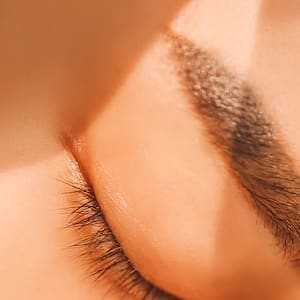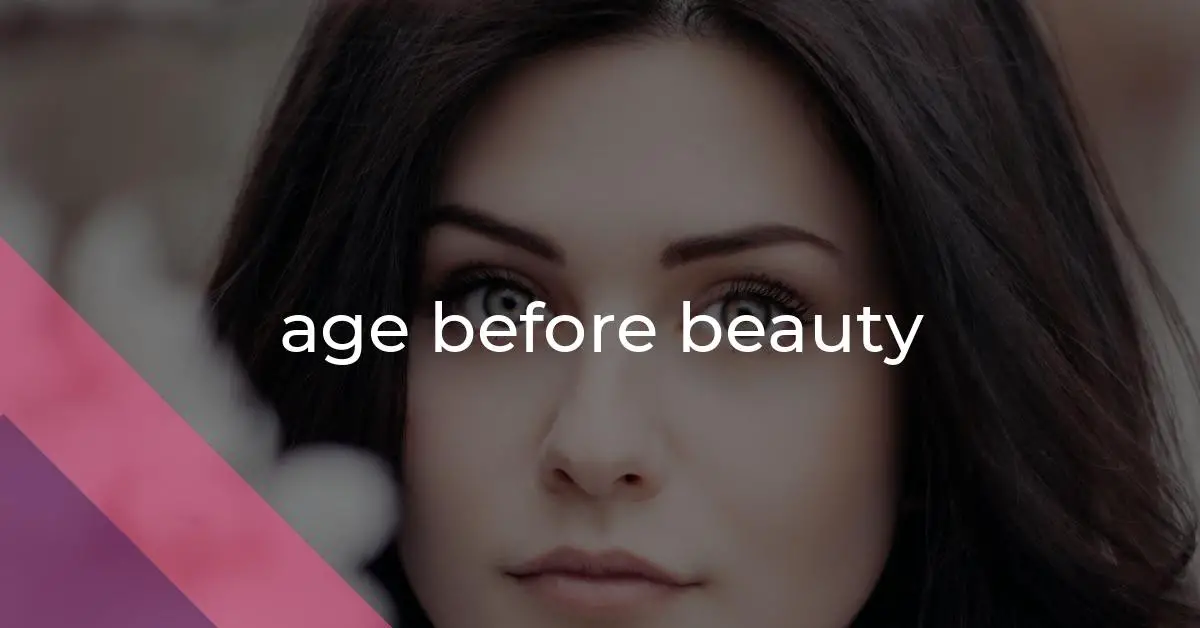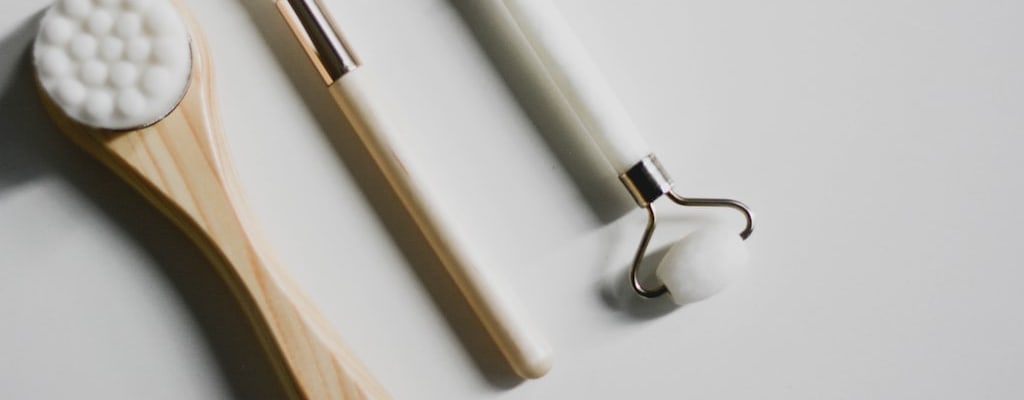age before beauty: Idiom Meaning and Origin
What does ‘age before beauty’ mean?
The idiom "age before beauty" is used to humorously suggest that older people should go before younger, more attractive individuals, especially when it comes to priorities or social situations.

Idiom Explorer
The idiom "pearls before swine" means to offer something valuable or precious to someone who can't appreciate or understand its worth.
The idiom "jump the queue" means to unfairly skip ahead in a line or order, usually resulting in others' frustration or annoyance.
The idiom "jump before one is pushed" means to take action or make a decision before being forced or pressured to do so. It implies being proactive and avoiding negative consequences by acting preemptively.
The idiom "in the flower of one's youth" refers to the period of time when someone is young and at their peak of physical and mental abilities. It implies a sense of beauty, vitality, and freshness commonly associated with flowers.
The idiom "had better" is used to advise or warn someone about a particular action they should take in order to avoid a negative outcome. It implies a sense of urgency or necessity, often indicating that there may be negative consequences if the suggested action is not followed.
The idiom "good old days" refers to a nostalgic longing for a past period of time that is remembered as better or more enjoyable than the present.
The idiom "golden years" refers to the time in a person's life when they are retired and able to enjoy leisure activities, usually associated with financial security and freedom from work obligations.
The idiom "get ahead of oneself" means to anticipate or plan for a future event before the appropriate time, often resulting in excessive excitement or overconfidence. It implies acting prematurely or making assumptions without waiting for all the necessary information.
The idiom "for the ages" means something that is timeless and will be remembered or celebrated for a very long time.
The idiom "fine feathers make fine birds" means that a person's appearance or external qualities can deceive others into thinking they possess admirable qualities or skills. However, this may not always be the case, as true value lies within a person rather than their outward appearance.
Wisdom prioritized
The idiom "age before beauty" is a well-known phrase that has been in use for centuries. It is typically used to give precedence or respect to someone who is older, regardless of their physical appearance.
The origin of this idiom is unclear, but it likely emerged from the societal norms of respecting one's elders. This respect for age is deeply rooted in many cultures around the world, and the idiom "age before beauty" reflects this sentiment.
While the idiom is generally understood and accepted, it is important to consider the potential implications and sensitivities around age and beauty. While it is typically used in a light-hearted manner, it can inadvertently reinforce ageism or emphasize the importance of physical appearance.
When using this idiom, it is essential to do so with care and sensitivity, ensuring that it does not perpetuate stereotypes or cause harm.
The idiom "before it was cool" is related to "age before beauty" in that it also emphasizes the importance of precedence. It suggests that something was popular or desirable before it became mainstream or widely accepted. In the context of age and beauty, it can imply that being older or having more experience is more valuable than being physically attractive.
Similarly, the idiom "pearls before swine" is related to "age before beauty" as it also speaks to the idea of valuing something based on its intrinsic worth rather than its outward appearance. It suggests that something valuable or precious is being wasted or unappreciated by those who do not recognize its true value.
The idiom "come first" is related to "age before beauty" as it also speaks to the idea of giving precedence or priority to someone or something. It suggests that there is a hierarchy or order in which things should be done or people should be treated.
Lastly, the idiom "act one's age, not one's shoe size" is related to "age before beauty" as it emphasizes the importance of behaving or conducting oneself in a manner that is appropriate for one's age. It suggests that maturity and wisdom should be valued over physical appearance or immaturity.
Overall, the idiom "age before beauty" and its related idioms highlight the significance of giving respect and precedence to those who are older or have more experience. They remind us to value wisdom, maturity, and intrinsic worth over superficial qualities or trends. When using these idioms, it is important to do so with care and sensitivity, ensuring that they do not perpetuate stereotypes or cause harm.
Example usage
Examples of how the idiom "age before beauty" can be used in a sentence:
- "I'll let you go first, age before beauty," said the old man to the young woman at the door.
- When two friends were competing for the last slice of pizza, one of them said, "Okay, age before beauty!" and let the other friend take it.
- In a group photo, an older cousin jokingly told his younger cousin, "Remember, age before beauty," and positioned himself in front of her.
More "Categorization" idioms



